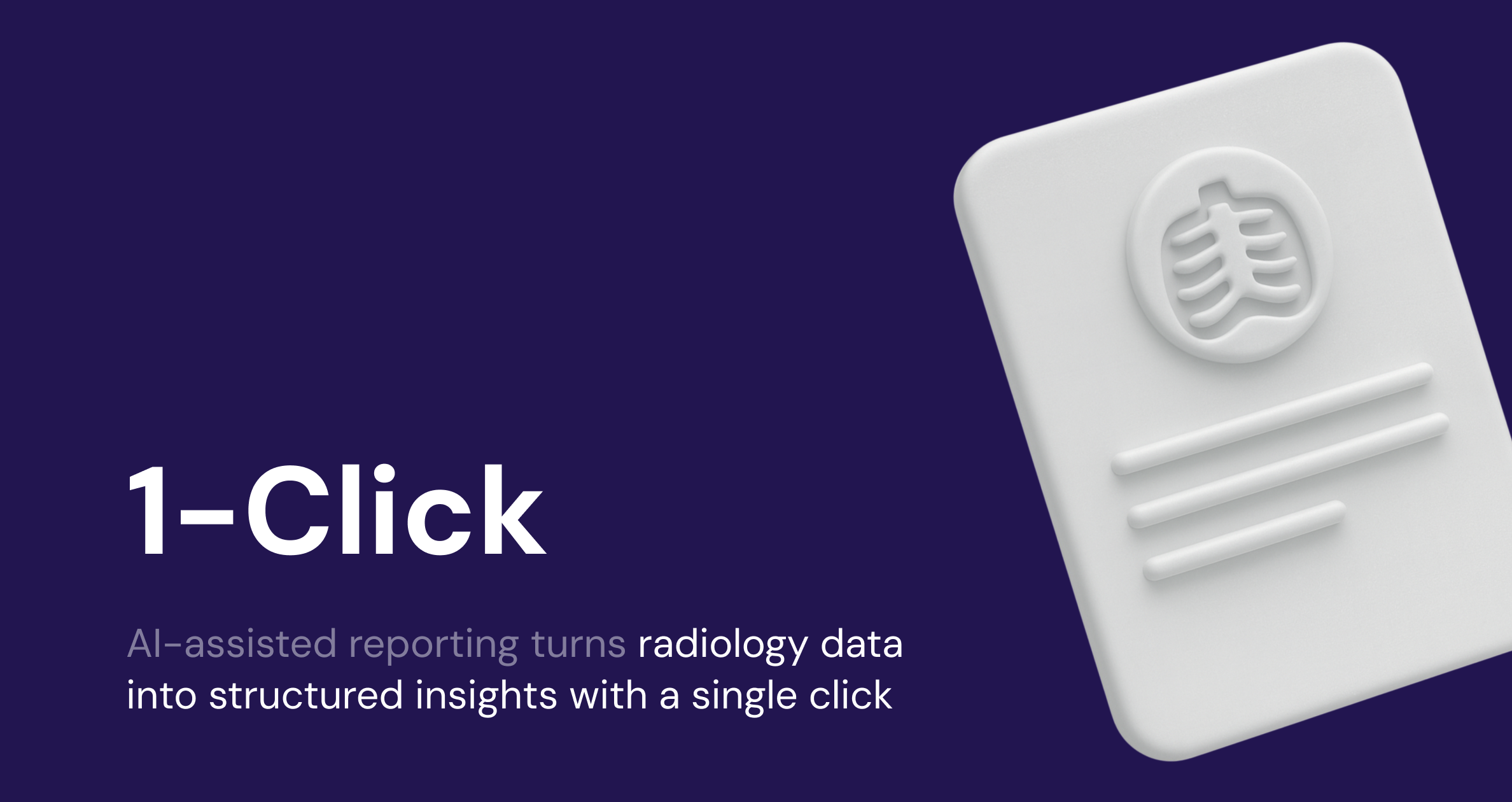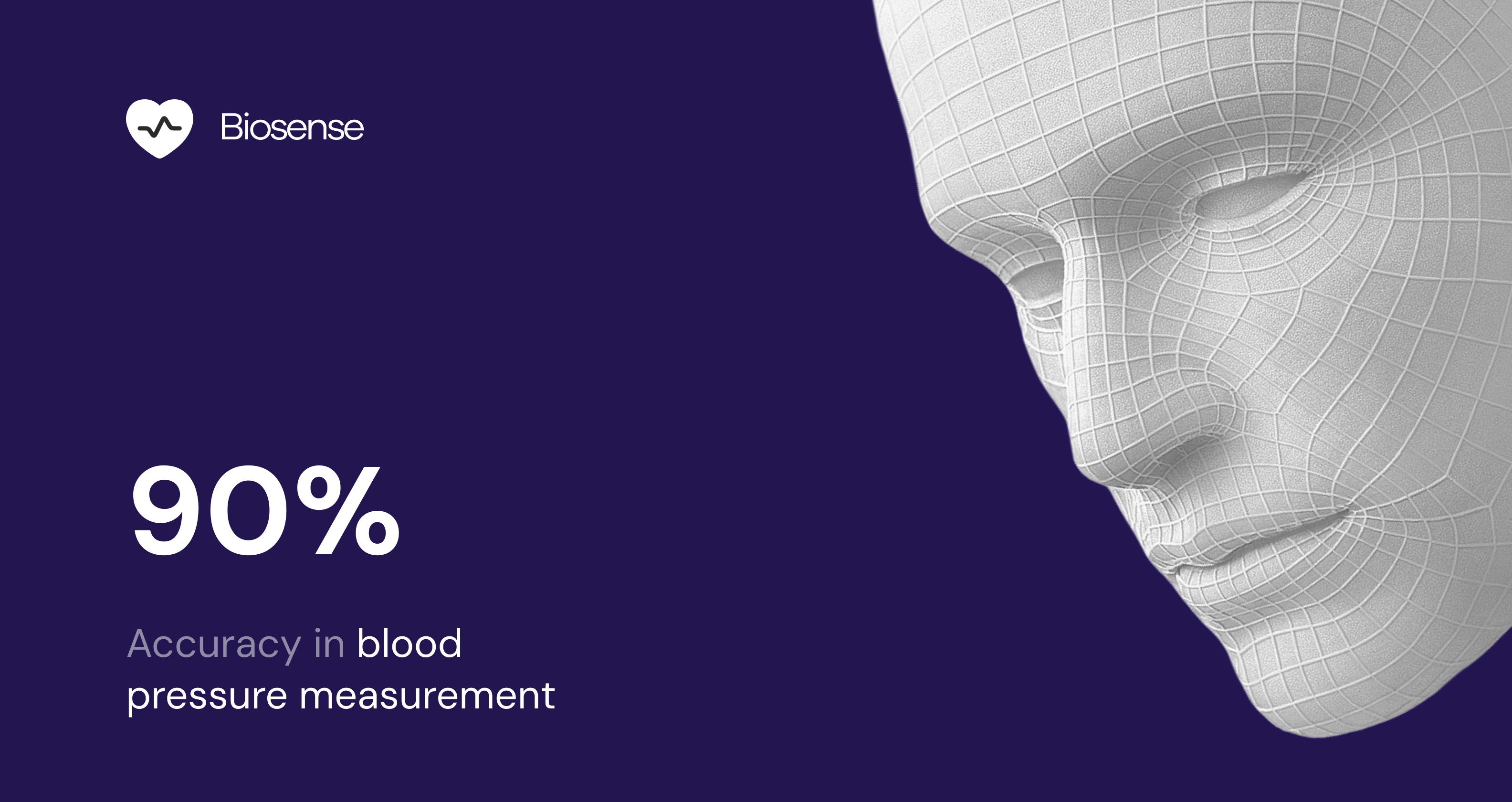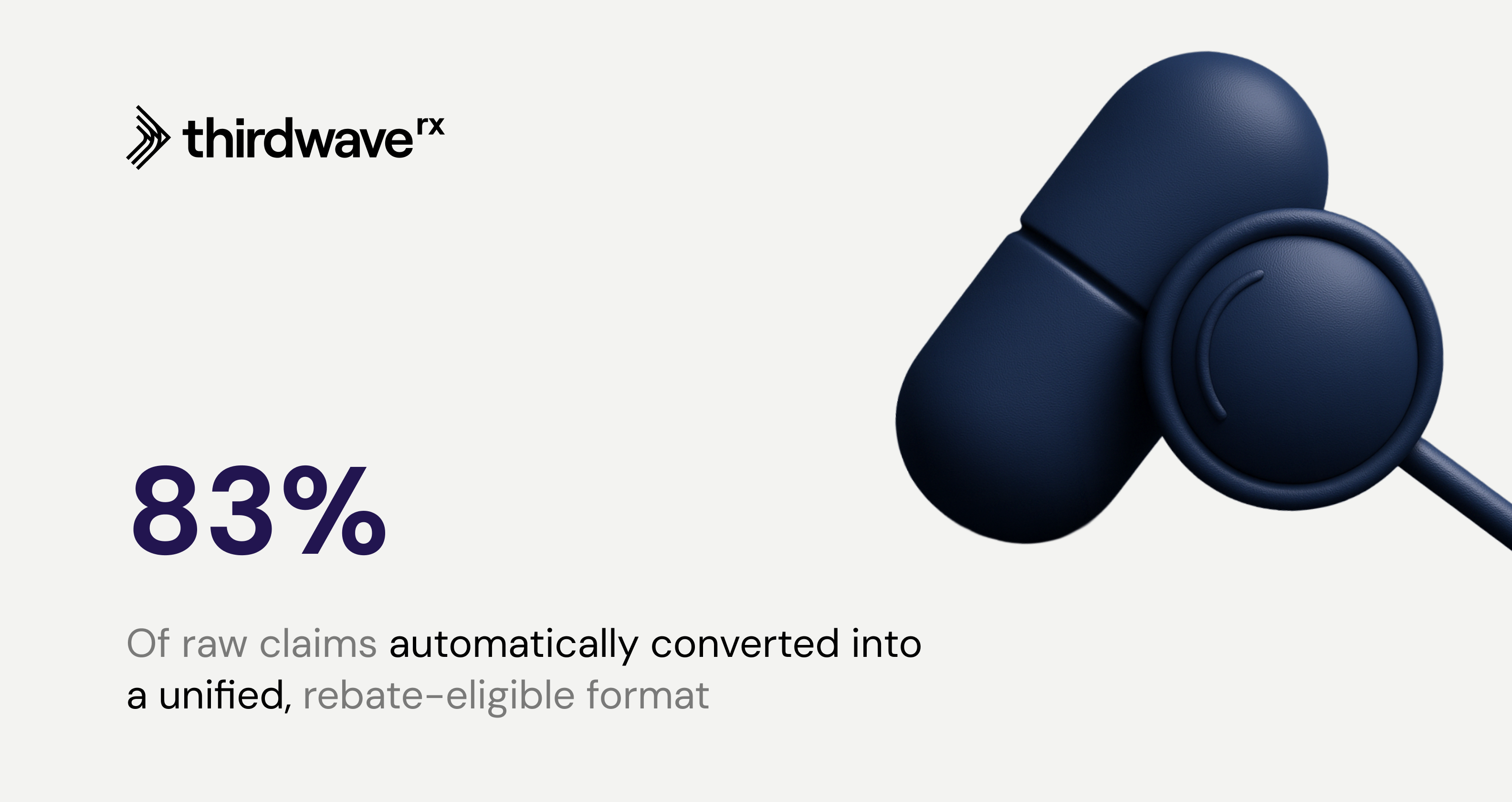This study presents a machine learning-based approach for evaluating the quality of titanium-based alloys used in medical implants. The production of biocompatible implants requires high precision, as the material’s properties directly affect patient health. Traditional assessment methods are often resource-intensive and lack sufficient accuracy. To address these challenges, the researchers propose a hybrid classification system combining Probabilistic Neural Networks (PNN), Ito Decomposition, and Support Vector Machines (SVM). The improved model enhances classification accuracy by 6% compared to existing techniques, making it more reliable for industrial use. Additionally, a smart web service was developed to facilitate alloy quality evaluation, allowing users without extensive AI expertise to conduct assessments efficiently. This approach optimizes data preprocessing, classification, and analysis while significantly reducing human, material, and time costs in medical manufacturing.
Takeaways:
- Machine Learning-Based Quality Evaluation: The study presents an advanced machine learning approach for evaluating the quality of titanium-based alloys used in medical implants.
- Hybrid Classification Model: The proposed system integrates Probabilistic Neural Networks (PNN), Ito Decomposition, and Support Vector Machines (SVM) to enhance classification accuracy.
- Accuracy Improvement: The hybrid model improves classification accuracy by 6% compared to existing approaches, making it more suitable for practical applications.
- Smart Web Service: A web-based platform was developed to allow users to assess alloy quality efficiently without requiring extensive AI expertise.
- Data Processing Techniques: The system includes three different data preprocessing and classification options, offering flexibility in analysis.
- Industrial Application: The solution significantly reduces human, material, and time costs associated with titanium alloy evaluation in medical manufacturing.
- AI-Driven Material Science: The research highlights the role of artificial intelligence in enhancing material quality assessment for biomedical applications.








